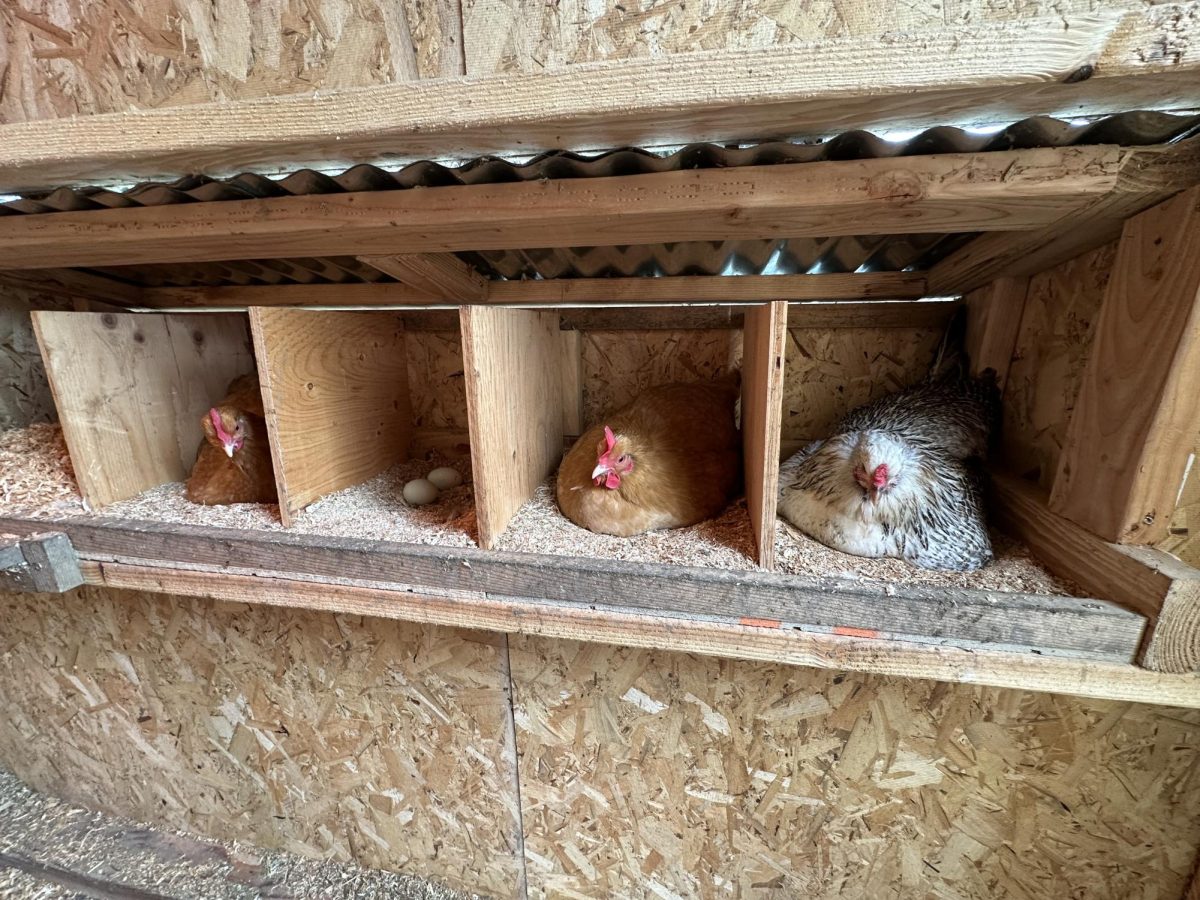Since the recent H5N1 outbreak, eggs, once a cheap and reliable protein for working-class Americans have skyrocketed in price. Eggs are not only a nightmare for consumers to get, but now commercial outlets are struggling to meet demand as well.
This will and has had a massive ripple effect on our community.
Karin Ovenell Carter, a culinary teacher for SWHS’s CTE program, says how the shortage has affected her curriculum.
“I could get ten cents an egg and be able to do all kinds of things,” Carter said. “So now I’m scrambling at the last minute to figure out different labs which puts a lot of pressure on me.”
Eggs are a crucial part of any aspiring chef’s tool belt and going without means being less in-depth with lessons. “It’s unfortunate (…) it really does have an impact on budgets and lab experiences in general,” said Carter.
The USDA highlights that this year alone, over 35 million birds (mostly chickens) have been culled due to the outbreak, and that figure is expected to rise more with time.
Along with this, large-scale corporate entities are foaming at the mouth to raise egg prices as high as they can.
For instance, Cal-Maine – the US’s biggest egg supplier – reported a threefold increase in profits despite having no reported outbreaks. The price of eggs have also greatly outpaced inflation even accounting for the flu.
In order to get some distance from this abusive producer-consumer relationship, people have started raising their own chickens to support themselves and their community.
Among them is Rachel Rodriguez, a teacher at SWHS. She says we can make an impact during hard times.
“I think just being active and getting the word out,” says Rodriguez. “Just being kind. In general, in society, I think we’re too scared to reach out with all that’s happening.”
Rodriguez tends to her chickens in her spare time, which strengthens her bond with her community: “I think community farming not only brings us together but does a lot of good.”
In addition to being a wonderful resource for not only you, but your community, raising your own chickens really isn’t all that hard to do. Olivia Wesen, an agriculture teacher at SWHS, teaches students how to take care of chicks.
“I don’t think people realize how easy they are to take care of if you just check on them once a day,” Wesen says. “It’s directly from the chicken to your fridge. I spend $20 a month on feed(…), which pays for itself.”
The USDA reported that the price of eggs should go down by April and at the time of writing this, (April) has not dropped by much.
Even if the egg prices go back down even lower than before, should we buy? The Wall Street Journal predicts a 45% chance of recession this year and does not show any signs of lowering.
Reader, if there is anything to take from this article, let it be a hint. Get some chickens.











